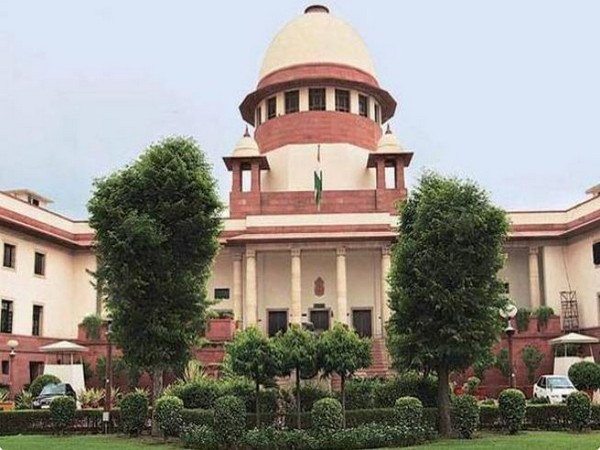Supreme Court Upholds UP Madrasa Education Act, Reverses High Court Ruling
The Supreme Court of India reaffirmed the constitutional validity of the 'Uttar Pradesh Board of Madarsa Education Act 2004', overturning the Allahabad High Court's decision to nullify it. The apex court highlighted India's diverse religious landscape and emphasized the integration of cultural education within mainstream schooling.

- Country:
- India
The Supreme Court of India on Tuesday validated the 'Uttar Pradesh Board of Madrasa Education Act 2004', dismissing the Allahabad High Court's earlier ruling from March 22 that had struck down the Act. This decision reinforces the framework allowing students to pursue Islamic studies alongside other educational disciplines in madrasas.
Previously, the Allahabad High Court had declared the Act unconstitutional, arguing that it violated India's secular principles. It had urged the state to facilitate the enrollment of madrasa students into mainstream schools. The Supreme Court, led by Chief Justice DY Chandrachud, alongside Justices JB Pardiwala and Manoj Misra, withheld its verdict until after careful consideration of all arguments.
The apex court underscored India as a 'melting pot' of diverse cultures and beliefs, advocating for the inclusion and preservation of various religious educational practices. Justice Pardiwala noted that religious instruction is a part of multiple faiths in India and is constitutionally permitted. Meanwhile, the National Commission for Protection of Child Rights argued that madrasa education lacks comprehensiveness, hindering children's right to quality education.
(With inputs from agencies.)










